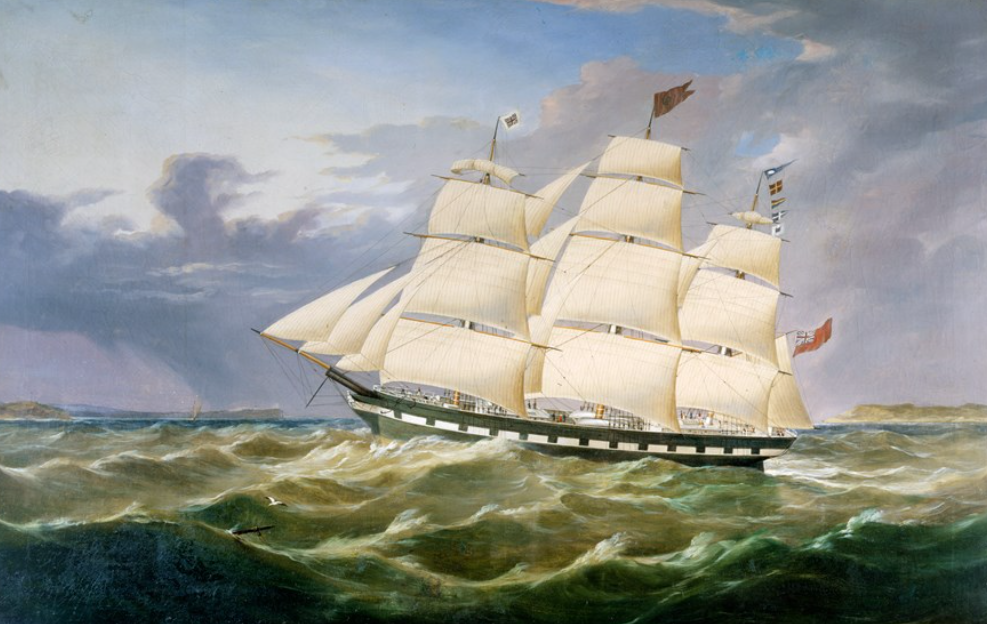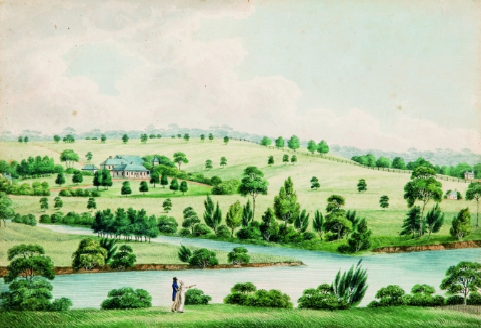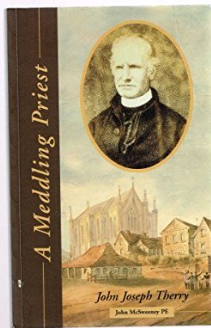



![]()


When accessing content use the numbers below to guide you:
![]()
brief, basic information laid out in an easy-to-read format. May use informal language. (Includes most news articles)
![]()
provides additional background information and further reading. Introduces some subject-specific language.
![]()
lengthy, detailed information. Frequently uses technical/subject-specific language. (Includes most analytical articles)
Reference Shelf
National Museum of Australia
Immigration Museum - Museums Victoria
State Library of Victoria
![]()
► Free settlement in colonial Australia
Britannica Kids
State Library of Victoria
► 1830s - 1840s - Assisted Immigration Introduced
Migration Heritage Centre
► Migration to Australia in the 1800's
State Library of NSW
![]()
The colonisation of Australia from 1788-1900 is depicted through a range of storytelling methods to recreate the often scary and exciting atmosphere of these early times. The final two segments look specifically at the migrant experiences of the British and Chinese, especially during the Gold Rush period. Their stories are told in an accessible and authentic way, providing audiences with a dramatic first-hand account of Australia’s turbulent beginnings.
In 1803, a British expedition sailed around Port Phillip Bay and in 1835, a free settler colony was founded in Melbourne. This video describes conditions in the Melbourne settler colony, citing primary sources on conditions in the settlement and interactions between settlers and Indigenous people, and features commentary from academics from the Gnibi College of Indigenous Australian Peoples.
![]()

Australia is the second most English country in the world, yet, taken as the 'norm', this largest immigrant group has never been analysed in detail. This book provides fascinating new insights into the impact the English have had on Australian life.

Apart from Aboriginal and Torres Strait Islander people, everyone in Australia is either a migrant or can trace their family history to someone who came from another country. This book is about migrants who came to Australia between 1788 and 1850.
Covers the period from 1788, when the arrival of the British formed the basis of Australia's immigration policy for the next 200 years, to today, when multiculturalism is still a political issue. It features specially selected primary sources dating between 1770 and 2009 which bring this period of Australian history to life!

Chisholm was an early social reformer, working for the betterment of young single English women who migrated to Australia in search of a better life and often found poverty and degradation instead. Her life story is remarkable and inspiring, supported by many illustrations of Sydney in the 1840s. Includes a glossary, index and a list of books for further reading.

John Therry was the first Catholic chaplain officially appointed to New Holland. Loved and esteemed by people, including the Aborigines who considered him a friend, he was continually in trouble with the authorities, both colonial and ecclesiastical.
The story of how people lived, from the convicts to the elite. This is a chronicle of how they worked, fed and clothed themselves and how they spent their time as the Australian colonies developed.

This title tells of Australia's history up to the end of the nineteenth century. The text is enhanced by photographs, maps and diagrams.
How did the Angry Penguins acquire their name? Who were the leading members of the Heidelberg School? When was the Baby Bonus introduced? What is Lasseters Reef? Who coined the term Rats of Tobruk? Why were the Swing Rioters transported to Australia?The answers to these and hundreds of other questions about Australia's past can be found in The Oxford Illustrated Dictionary of Australian History. Beginning with the Aboriginal flag and ending with Zeehan, the book has entries on significant people, places, institutions, ideas, movements, events,artefacts, and documents, drawn from political, diplomatic, military, economic, social, cultural, and scientific fields. Extensive cross-references guide the reader to related entries. The carefully chosen illustrations, ranging from early maps to contemporary cartoons, include many which are ofgreat historical interest but have rarely been seen before.

This book invites readers to think about their identity and to find out where they or their forebears came from. Includes personal migration stories and photographs plus a migration timeline covering the period of the book.
References
Britannica Kids. (n.d.). Free settlement in colonial Australia. https://kids.britannica.com/students/article/free-settlement-in-colonial-Australia/629315#
Immigration Museum. (n.d.). Journeys to Australia. https://museumsvictoria.com.au/immigrationmuseum/resources/journeys-to-australia
Johnson, G. (n.d.). Australia map [Map]. Pixabay. https://pixabay.com/vectors/australia-map-cartography-line-art-7203155/
Lycett, J. (1925). The residence of John McArthur Esq [Portrait]. Sydney Living Museums. https://sydneylivingmuseums.com.au/stories/remembering-john-macarthur
Moloney, C. (Director). (2020). The Melbourne settler colony [Video]. ClickView. https://clickv.ie/w/-O9t
National Museum of Australia. (2022, March 21). Assisted migration. https://www.nma.gov.au/defining-moments/resources/assisted-migration
Robertson, T. (1859). MARCO POLO Well known Emigrant Ship of the Fifties [Painting]. Museums Victoria. https://museumsvictoria.com.au/immigrationmuseum/resources/journeys-to-australia
State Library of Victoria. (n.d.). Women settlers. https://ergo.slv.vic.gov.au/explore-history/colonial-melbourne/everyday-life/women-settlers
VEA (Production Company). (2012). Australian migration : The colonial years (1788 - 1900) [Video]. ClickView. https://clickv.ie/w/1M9t